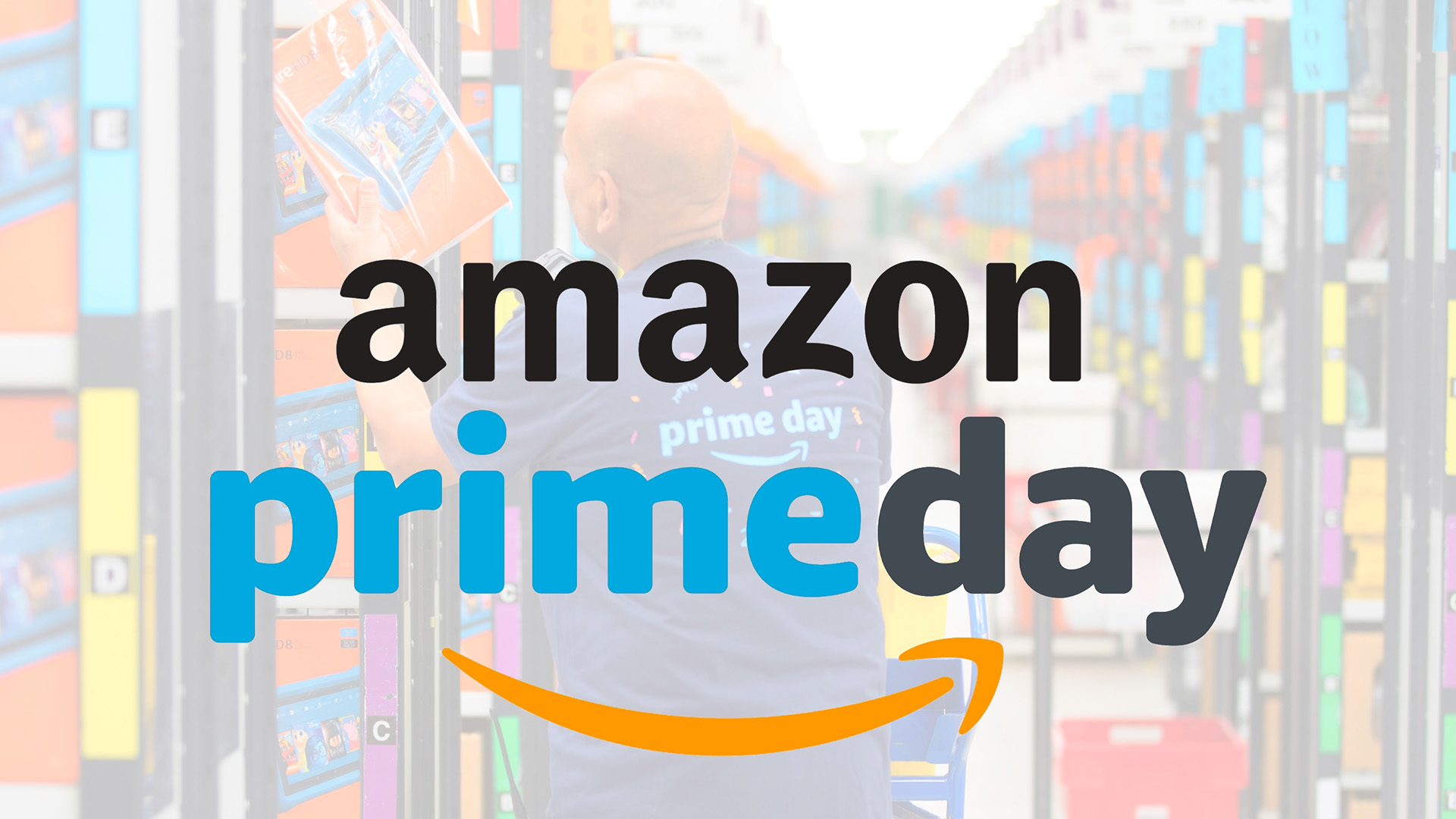Watch out - these fake Amazon Prime Day bogus sites are looking to steal your wallet with too-good-to-be-true phone deals
If that Amazon Prime Day deal looks too good to be true, it probably is

If you’re looking for a steal of a deal this Amazon Prime Day, there are plenty of fantastic offers available.
However if you're not careful, you may get more than you bargained for, as your money, personal details, and card information could soon be up for grabs on the dark web.
Kaspersky has uncovered a wide range of websites posing as Amazon, providing eye-watering deals on the iPhone 15 and other top of the line tech - but they aren't as legitimate as you might hope.
Double-check your deals!

Websites posing very convincingly as Amazon have sprung up in advance of the Prime day looking to steal your card information, your personal details, and your login credentials for the genuine Amazon website. In order to do this, scammers are offering huge discounts on tech to draw in victims looking for a bargain.
The websites may look legitimate and use genuine branding, but Kaspersky recommends always double checking the legitimacy of the site you want to buy from.
"During Amazon Prime Day, shoppers should remain vigilant and cautious while browsing for deals online,” said David Emm, Principal Security Researcher at Kaspersky. “Cyber criminals often take advantage of the shopping frenzy events by creating fake websites that mimic retailers such as Amazon's platform and counting on shoppers being against the clock in order to make that crucial bargain purchase.
“To protect themselves from these potential scams, consumers should slow down, double-check website URLs, look for security indicators, and only make purchases through trusted channels. This will help shoppers stay safe whilst online and enjoy the real deals Amazon Prime Day has to offer."
Sign up to the TechRadar Pro newsletter to get all the top news, opinion, features and guidance your business needs to succeed!
Kaspersky also listed a number of actions you can take to keep your wallet and data safe:
- Never click on links to third party websites
- Always double check for differences in branding to that of the genuine websites
- Ask someone you know if it looks legitimate
- If it looks too good to be true, it probably is. No potential discount is worth losing your data
More from TechRadar Pro
- Looking to keep your login details safe? Here is a list of the best password managers
- Here is our rankings of the best firewalls
- Ransomware strains are getting quicker and sharper than ever before

Benedict has been with TechRadar Pro for over two years, and has specialized in writing about cybersecurity, threat intelligence, and B2B security solutions. His coverage explores the critical areas of national security, including state-sponsored threat actors, APT groups, critical infrastructure, and social engineering.
Benedict holds an MA (Distinction) in Security, Intelligence, and Diplomacy from the Centre for Security and Intelligence Studies at the University of Buckingham, providing him with a strong academic foundation for his reporting on geopolitics, threat intelligence, and cyber-warfare.
Prior to his postgraduate studies, Benedict earned a BA in Politics with Journalism, providing him with the skills to translate complex political and security issues into comprehensible copy.